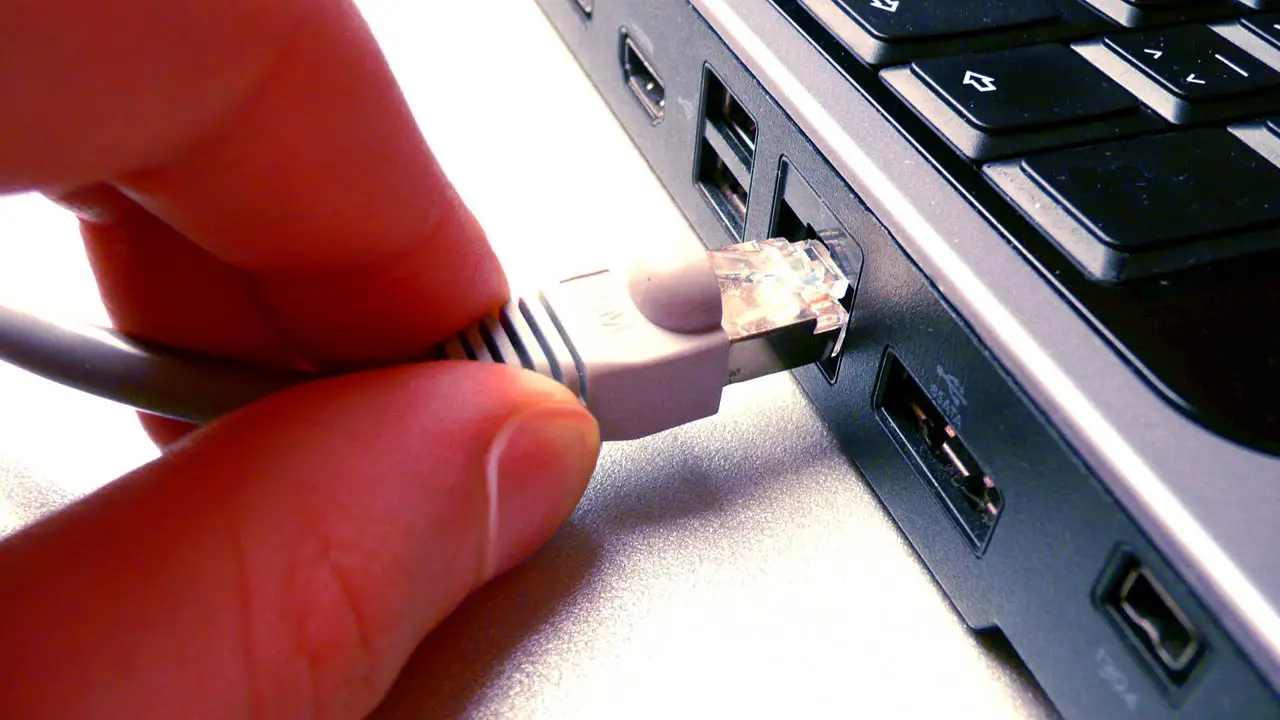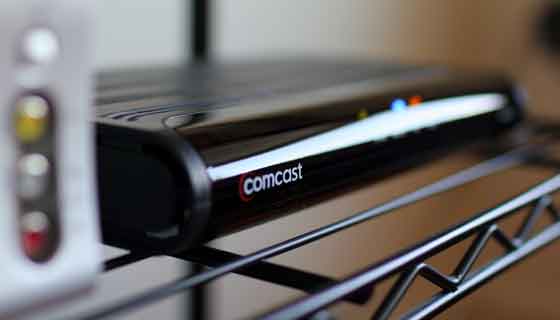Internet activists won a major victory on Thursday as the Federal Communications Commission approved its strongest net neutrality rules yet. The FCC commissioners voted to approve a plan that reclassifies both home broadband and mobile Internet as a utility.
FCC Chairman Tom Wheeler unveiled the proposal earlier this month in an op-ed featured on tech website Wired:
Using [Title II] authority, I am submitting to my colleagues the strongest open internet protections ever proposed by the FCC. These enforceable, bright-line rules will ban paid prioritization, and the blocking and throttling of lawful content and services. I propose to fully apply—for the first time ever—those bright-line rules to mobile broadband. My proposal assures the rights of internet users to go where they want, when they want, and the rights of innovators to introduce new products without asking anyone’s permission.
The proposal would prevent corporate Internet Service Providers like Comcast and AT&T from using their monopoly control to dominate the free and open Internet.
“The Internet must be fast, fair and open. That is the message I’ve heard from consumers and innovators across this nation,” Wheeler added. “That is the principle that has enabled the internet to become an unprecedented platform for innovation and human expression. And that is the lesson I learned heading a tech startup at the dawn of the internet age.”
Comcast and Verizon have been particularly egregious in forcing companies like Netflix to pay fees for streaming content to their customers. Typically, paying customers would freely be allowed to visit websites and access services based on the advertised speeds and allotted monthly bandwidth in their user agreement.
But beginning around the end of 2013, Comcast and Verizon users noticed a precipitous decline in Netflix streaming quality. The poor streaming quality forced Netflix into a paid agreement with Comcast to directly connect to their network. Not so coincidentally, speeds improved 65 percent after the agreement was struck.
Internet activists have described the deal as extortion. They have accused companies such as Comcast of artificially slowing connections to cripple the emerging streaming Internet market. It is a practice that could be replicated, not only driving up costs for services but also stifling competition. They say that net neutrality will protect start-ups who wish to compete with multi-billion dollar media conglomerates.
“If you care about Skyping with your grandma or sending email or watching something on Vimeo or sharing a meme on Tumblr … the reason they exist is [because] we’ve had an open, neutral Internet where anybody could create anything and you could use it,” said Marvin Ammori, a scholar at Stanford Law School’s Center for Internet and Society.
Telecom giants counter that net neutrality will cut into their profit margins, disincentivizing upgrades to existing networks or the creation of new ones.
However, profit margins in the industry are already hefty. A Huffington Post investigation found that Time Warner Cable posted a profit margin between 96 and 97 percent for each year between 2011 and 2013.
The broadband market already lacks competition due to the natural monopoly seen in the telephone and cable business. The FCC is looking to increase market competition with a separate rule that would bar states from prohibiting competition in the form of municipal broadband networks. States, with the backing of telecom giants, have moved to greatly restrict or outright ban municipal broadband networks.
As for net neutrality, its ultimate fate now appears to be in the courts. AT&T has already vowed to challenge the FCC’s rule with a lawsuit.
Verizon was successful in challenging the old net neutrality rules from 2010. The US Court of Appeals for the District of Columbia Circuit threw out those rules, but made clear that the FCC’s net neutrality rules would be legal if they had reclassified broadband providers as a utility under Title II of the Communications Act. The FCC’s latest rule does exactly that, likely putting it on firm legal ground.
Image Credit: Photosteve101, flickr










